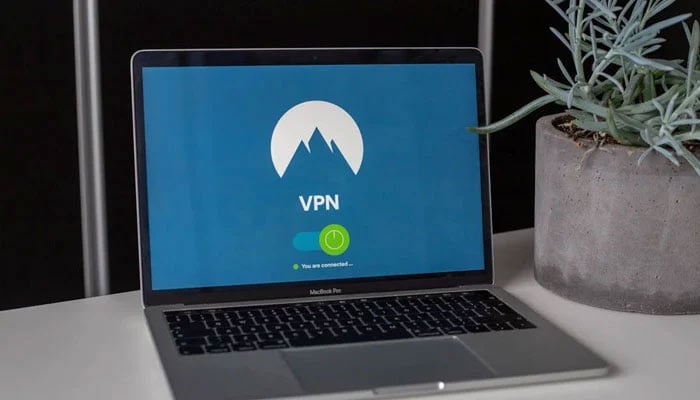PTA 'initiates process to block' unregistered VPNs
Sources say step taken as bid to strengthen internet security and protect user data
The Pakistan Telecommunication Authority (PTA) has started blocking unregistered Virtual Private Networks (VPNs) across the country in a bid to strengthen internet security and protect user data.
PTA sources have said that these unregistered VPNs pose serious security threats, as they could facilitate unauthorised access to confidential information.
Additionally, they could also provide a gateway for accessing unlawful content, further compromising online safety.
Insiders further stated the government is also temporarily blocking some VPNs to allow for their inclusion in the PTA’s white-listing process.
The telecommunication authorities initiated the VPN registration process back in 2010. To date, approximately 20,500 VPNs have been successfully registered, with over 1,422 companies having completed the registration process.
The regulatory body is now focused on accelerating the white-listing of VPNs to improve compliance.
Consumers have been facing difficulties in accessing free VPN services for several hours, with many reporting disruptions in their ability to use VPNs for secure browsing.
PTA officials assured that action is being taken to streamline the process and prevent illegal use of VPNs in the country.
VPNs are commonly used worldwide to bypass restricted content.
In Pakistan, for instance, citizens have used VPNs to access the social media platform X (formerly Twitter) which has been banned for several months.
The government stated it would not lift the restriction on X unless it formally registers in Pakistan.
A report published in The News on Monday stated that more than two dozen VPNs were temporarily blocked by the government during a six-hour trial of firewall on Sunday, which marked a significant step in internet regulation in the country.
The temporary blockage — that took place between 4pm and 10pm — was the first instance where a government firewall noticeably impacted internet users across the country.
The PTA has urged businesses — including IT companies, software houses, freelancers and banks — to register their IPs for continued VPN access, ensuring uninterrupted internet services for authorised users.
Those registering must provide their intended use and specify their business activities.
-
Shanghai Fusion ‘Artificial Sun’ achieves groundbreaking results with plasma control record
-
Polar vortex ‘exceptional’ disruption: Rare shift signals extreme February winter
-
Netherlands repatriates 3500-year-old Egyptian sculpture looted during Arab Spring
-
Archaeologists recreate 3,500-year-old Egyptian perfumes for modern museums
-
Smartphones in orbit? NASA’s Crew-12 and Artemis II missions to use latest mobile tech
-
Rare deep-sea discovery: ‘School bus-size’ phantom jellyfish spotted in Argentina
-
NASA eyes March moon mission launch following test run setbacks
-
February offers 8 must-see sky events including rare eclipse and planet parade












